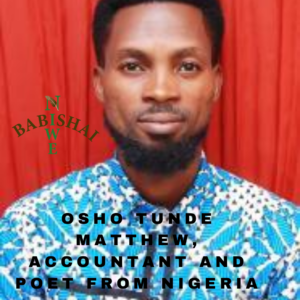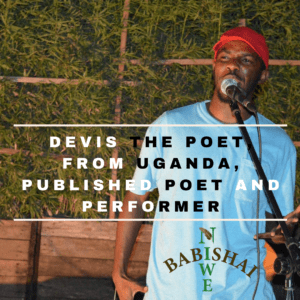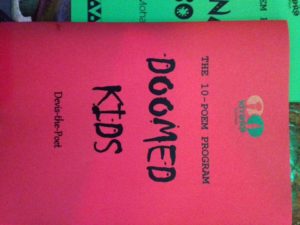Osho Tunde is a Poet and Accountant, and Nigerian Nightingale.
First, I will like to express my joy and gratitude for making the prestigious #Babishai2020 haiku long list.
I am a fresh graduate of Accounting and poet resident in Lagos state, Nigeria. I am a Nigerian Nightingale whose works have appeared in a number of poetry anthologies. Aside from books, I love coffee and nature.
About why I write; I write to break the silence of my body, to convey its discontents, joy and other activities. And poetry is my tool.
I was inclined to submit for the Babishai2020 haiku award mainly because I was searching for growth. I have always seen Babishai Niwe foundation as one of the indispensable literary platforms in Africa to raise my voice in such a very noisy world.
Also, the amazing works of Marial Awendit, Kariuki wa Nyamu and other past winners on this platform woke my inclination. Here I am, jumping for the joy of growing and belonging.
The process of writing this haiku was quite taxing and exciting at the same time. It was my first time. Cramming a story in three lines could take a degree of diligence and patience. I allowed the poem to speak to me in many ways– for instance, how broken places could still be home.
I wanted to bear witness for nature existing under my feet without any alteration or misrepresentation of reality. I was deliberate. I took risks of words and form to cut a haiku that could simply tend imagination to accessible experience.
in the wall
deep opening abandoned
geckoes’ room
The future of African haiku in my opinion is glorious. You will be thrilled by the miracles, the various revelations these young poets are making regarding our shared experience as Africans and as humans. Beautiful voices like Ali Znaidi, Kariuki wa Nyamu, Andrew Herbert, Praise Osawaru, Justice Joseph, Ahmad Holderness, Rose Wangari, to mention a few are on the rise with what the foundation is doing. Thumbs up!
Thank you
….


